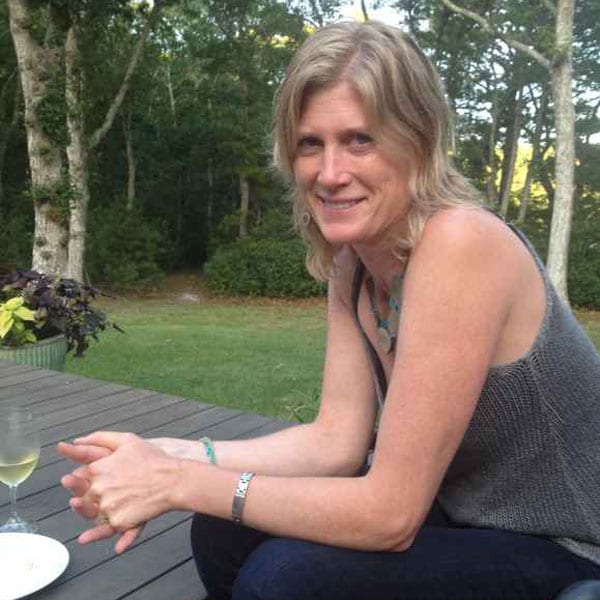
September 28, 2018; Chronicle of Higher Education
A rubber-stamp board of directors is not helpful to any nonprofit. When an organization bends and breaks rules for an extended period of time—long enough that doing so has become part of the culture—it’s no understatement to say that everything lies with what the board of directors does—or does not—do.
The Chronicle of Higher Education dives deeply into the way sports directed the culture of rule-bending and breaking at the University of Louisville. The tale of the misuse of funds, which led to about $100 million dollars drained from the foundation’s endowment and other conflict-of-interest steps at the University of Louisville and the University of Louisville Foundation, has been ongoing.
What stands out here is the value of a board member asking the right questions. For the University of Louisville, that person might be Emily Bingham, Ph.D. An author with a degree in history, and a teacher at numerous colleges, although not at U of L, Dr. Bingham joined the U of L board as a trustee in 2013. She was one of a few board members invited to the board by the governor and lieutenant governor, who were looking for members who would ask questions.
Bingham saw the first red flag as she was introduced to their process. The state university has board meetings that are open to the public and the press. During the new board member orientation, Bingham was told that nothing of substance should be questioned at the meetings; discussions would take place at football and basketball games in President James R. Ramsey’s box, over food and drink. It did not sit well with her; as the Chronicle recounts,
“I thought, ‘That’s not going to work for me,’” she recalled.
The atmosphere of cheering for the sports teams carried over into the boardroom. “You were either a cheerleader or an enemy,” she said.
Bingham had two colleagues on the board who agreed with her; Steve Wilson and Craig Greenberg also objected to sports as the university’s forefront.
Sign up for our free newsletters
Subscribe to NPQ's newsletters to have our top stories delivered directly to your inbox.
By signing up, you agree to our privacy policy and terms of use, and to receive messages from NPQ and our partners.
The sports program had grown in size and value since Ramsey took over in 2002. Ramsey’s partner in the success of U of L sports was athletic director Tom Jurich, who was hired in 1997. Over twenty years Jurich was central in raising $280 million to build stadiums, arenas, and practice facilities. The deteriorating basketball team was reborn, bringing in $45 million during the most recent seasons under Coach Rick Pitino. The women’s basketball team reached the Final Four, and the school’s football and baseball teams did well. The academics did not follow the success, coming 171st in the latest US News & World Report ranking.
Bingham and other board members raised concerns over the president’s salary of $4.2 million in 2015. His compensation included paying income taxes on his behalf. During that time, Katina Powell, an escort, published a book that exposed how players were recruited through sex parties paid for by Pitino’s office.
In 2016, Bingham wrote a column in the Louisville Courier-Journal, bullet-pointing conflicts of interest and self-dealing instances. She charged that the board was not told the truth about Ramsey’s compensation, that 78 full professors had written a letter voicing no-confidence and the board had not been informed, and that no other university had a president who was also the president of the university’s support foundation and controlled both totally.
Bingham did not have support of the full board. The others pushed back, and she got hate mail from sports supporters. Finally, the new governor removed the whole board, which took several steps back and forth with a judge.
That was not the end of the board difficulties. John Schnatter, founder of Papa John’s Pizza, was a million-dollar donor and a member of the reconfigured board in 2017. He was a sports supporter, but he soon changed his tune. “The athletics thing scares me,” he said at a board meeting. “Until you fix athletics, you cannot fix this university.” There were struggles between Schnatter and the board; he walked away from a naming on the campus.
Subsequently, Ramsey was let go, followed by an FBI look into college-recruiting practices, and then arrests. Pitino and Jurich were fired. A donor, Jim Patterson, spoke to the interim president, Greg Postel, about sparing Jurich for the changes he had made in just 20 years. In May of 2018, Jurich received a $7.2 million settlement plus tickets to games and medical insurance.
Throughout the recognition of the problems, and now the recovery and restructure, board members played a major part. They moved the needle when they stepped away from the slap-on-the-back meetings during football games and got down to business, because of the actions of one member—one who refused to use the carte blanche, green-light method of governance.—Marian Conway













